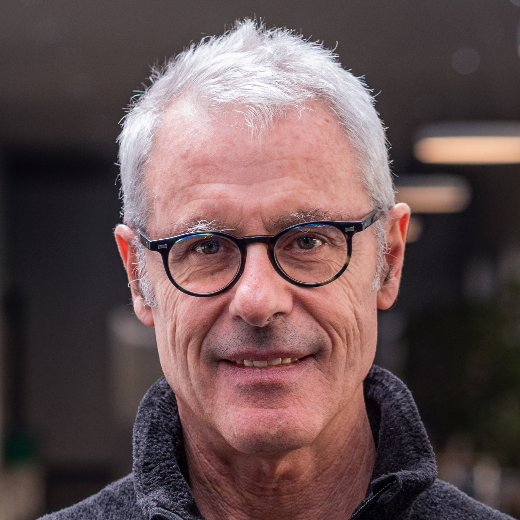Tenured full professors | Forest ecophysiology, Selviculture
Roberto Tognetti

Universitätsplatz 5 - piazza Università, 5
39100
Bozen-Bolzano
Wednesday, 10:00 - 12:00
Available by appointment at the following address: Roberto.Tognetti@unibz.it
Short bio
Roberto Tognetti earned a MSc in Forest Science from the University of Florence and a PhD in Plant Ecophysiology from Trinity College Dublin. He holds the position of Full Professor of Forest Ecology and Management at the Free University of Bolzano. His research is centered on forest ecophysiology, exploring the interactions among climate change, environmental disturbances, and functional ecology. He integrates ecosystem processes and ecological indicators across various spatial and temporal scales. Professor Tognetti has served as Chair of the EFI (European Forest Institute) Project Centre on Mountain Forests (MOUNTFOR) and of the COST Action CA15226 on Climate-Smart Forestry in Mountain Regions (CLIMO).
Courses
Forestry
40201A · AGRI-03/B · Bachelor in Agricultural, Food and Mountain Environmental Sciences · EN
Protection forestry and natural hazards
47074B · AGRI-03/B · Master in Environmental Management of Mountain Areas · EN
Tree physiology and climate change
47070B · AGRI-03/B · Master in Environmental Management of Mountain Areas · EN
Discover more about Roberto Tognetti
Coltivare il futuro: l’intensificazione sostenibile per l’agricoltura italiana
Research Focuses
Main research fields: forest ecophysiology, tree growth, climate-smart forestry
It is increasingly evident that the functional and structural status of trees within a forest profoundly influences the success of any management strategy. Therefore, I strive to provide essential ecophysiological information pertinent to forest productivity and sustainability. This information can only be acquired through a comprehensive understanding of the fundamental biological mechanisms and ecosystem processes that underpin individual tree growth.
Info
Roberto Tognetti’s research explores how trees and forests respond to human impacts through forest management, as well as to natural hazards stemming from local, regional, and global environmental changes. His work aims to bridge the understanding of functional ecology and tree ecophysiology ("how trees work") with growth patterns, mortality, recruitment, and reproduction at the population level, community composition, and ecosystem processes, particularly biogeochemical cycles ("how forests work"). Currently, he is engaged in projects focusing on the role of vegetation in reclaiming degraded areas (forest restoration) and on the sustainable management and conservation of mountain forests across various sites (climate-smart forestry).